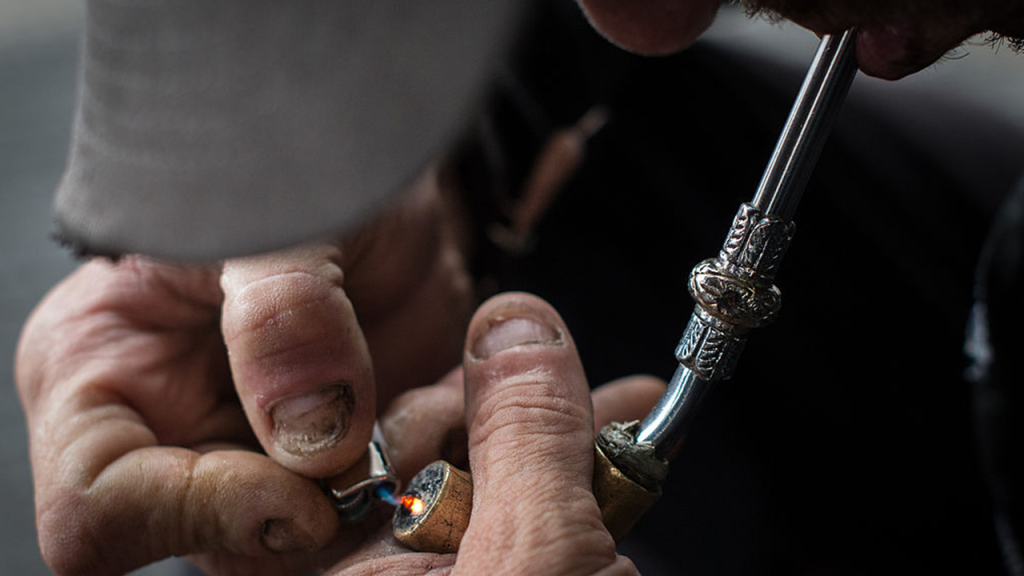Summarize this content to 2000 words in 6 paragraphs While President Donald Trump’s Health and Human Services nominee, Robert F. Kennedy Jr., has been scrutinized over his views on vaccines, farming, abortion and more, his perspective on treating one of the nation’s foremost health crises has received far less attention.Before joining Trump’s team, Kennedy campaigned for president on a plan to treat addiction by creating “wellness farms” funded by tax revenues from federally legalized marijuana sales. “I’m going to create these wellness farms where they can go and get off of illegal drugs, off of opiates, but also legal drugs,” Kennedy said at a virtual event during his campaign, billed as a “Latino Town Hall.” Kennedy himself struggled with addiction when he was younger, including to cocaine and heroin, which he has spoken about publicly. He has heralded his faith and commitment to Alcoholic’s Anonymous’s 12 Step-program as his saving grace. Kennedy is a strong proponent of clean living as well, and said that the addiction treatment wellness farms he imagines would also treat people who are trying to get off anti-depressants, or other medications like those for attention deficit hyperactivity disorder (ADHD).DATE SET FOR ROBERT F. KENNEDY JR’S HEALTH SECRETARY CONFIRMATION HEARINGS Wellness farms are not an entirely novel idea. They are based on a framework known as a “therapeutic community” model, which relies heavily on peer-to-peer support and behavioral solutions for addiction, as compared to medication-based treatment strategies like methadone or buprenorphine therapy, which work to cut out the intense cravings from opioids, to which addicts often attribute relapses. Many in the medical community, including researchers at the National Institutes of Health, consider such medication-assisted treatment to be the gold standard in addiction treatment. AA also warns against the use of medications like buprenorphine to treat addiction. Kennedy actually visited two places that align with this framework for a documentary he created about the crisis of addiction while he was running for president, titled “Recovering America – A Film About Healing Our Addiction Crisis.” Their addiction treatment framework, like Kennedy’s wellness farms, includes a focus on peer-to-peer recovery through giving addicts jobs and re-teaching them how to live in society without drugs. Kennedy has said that at his rehabilitation farms, addicts would grow organic crops, receive training in trade skills, and learn other ways to live in society without using illicit drugs. One of the programs that Kennedy visited in his documentary about treating addiction was also a farm, where men learn how to tend to livestock, operate tractors and repair barns. Their days also consist of meditation, 12-step meetings and yoga, but addicts must go off-site to receive therapy and are not allowed to take any medications, like anti-depressants or buprenorphine.DIET AND NUTRITION EXPERTS WEIGH IN ON HOW RFK JR’S NOMINATION COULD IMPACT HOW WE EAT The program, called Simple Promise Farms, is located in rural Texas. Simple Promise does not staff licensed therapists or medical providers on site, according to The New York Times, which spoke with the program’s founder, Brandon Guinn.Guinn told The New York Times that it is these peer-to-peer conversations where “the important work is being done . . . not with your therapist or your sponsor or your mentor, but from the shared experience of people that are struggling with addiction.” Keith Humphreys, a psychologist and drug policy expert at Stanford University, said that while there is nothing wrong with “therapeutic community” models, he questioned the exclusion of evidence-based treatments that have been proven to help people get off harmful, addictive drugs like heroin. “Given how much is known, more than what’s being described is almost like [an] 18th-century kind of retreat. Given how much has been learned about the nature of the condition, about the things you can do with psychotherapy, the things you can do with medicine, why not have that? Why would you not want that?” Humphries asked.”It’s not that it wouldn’t benefit anybody,” Humphries added. He noted that the complex nature of addiction is challenging to address without modern treatment advancements and suggested that city dwellers may lack the desire or resources to relocate to distant farms for treatment.WHY CHINA AND MEXICO ARE THE RIGHT TARGETS FOR TRUMP’S ATTACK ON THE SCOURGE OF ILLEGAL DRUGSHumphries said that programs that refuse patients who take anti-depressants or other medications are actually quite common in the U.S. He pointed to a program that the federal government set up in the 1930s in Lexington, Kentucky, that followed this model, but also pointed out that its success rates were low.”George Vaillant did a study of 400 consecutive admissions [to the Lexington program], and 400 of them relapsed afterwards,” Humphries pointed out. “So that, of course, we know a lot more than we did then. So, why not take advantage of that?” Humphries also posited that Kennedy’s plan to fund the program through revenues from legal marijuana would be such a bureaucratic hurdle that it would be a difficult and long process to get these programs off the ground. “There’s like 500 practical steps and barriers in between all that, that I just don’t think this is going to happen,” Humphries said. Fox News Digital reached out to Kennedy’s representatives for comment, in particular on his view about medically assisted treatment therapies, but did not receive a response by press time.


